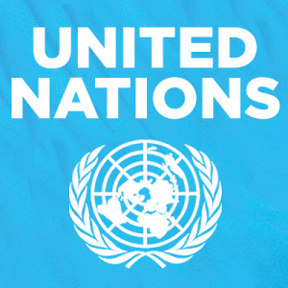 UNITED NATIONS: India has ranked a lowly 131 among the 188 countries surveyed for human development, a new UN report has said, bracketing the third-largest Asian economy alongside its South Asian neighbors like Pakistan, Bhutan and Nepal.
UNITED NATIONS: India has ranked a lowly 131 among the 188 countries surveyed for human development, a new UN report has said, bracketing the third-largest Asian economy alongside its South Asian neighbors like Pakistan, Bhutan and Nepal.
India has made no improvement in its ranking over the previous year, despite the Human Development Report for 2015 noting that foreign direct investment favors countries such as China and India.
India’s Human Development Index rank in 2014 was also 131.
However, 63 per cent Indians were “satisfied” with their standard of living in 2014-15, the latest report found.
The report, released annually by the UN Development Program, said India’s rank of 131 puts it in the “medium human development” bracket, which also includes nations like Bangladesh, Bhutan, Pakistan, Kenya, Myanmar and Nepal.
India’s HDI rank value in 2015 stood at 0.624, which had increased from 0.580 in 2010.
Its life expectancy at birth stood at 68.3 years in 2015 and the Gross National Income (GNI) per capita USD 5,663, the report said.
On the perception of feeling safe 69 per cent answered “yes”, while on freedom of choice, 72 per cent female responders answered they were “satisfied” as compared to 78 per cent for male.
India’s score for overall life satisfaction was 4.3 on a scale of 1-10, according to the report.
On perceptions about government, 69 per cent said they had trust in the national government for the 2014-15 period while 74 per cent said they had confidence in the judicial system.
It lauded measures like the National Rural Employment Guarantee Program taken in India to generate employment.
“Creating jobs through a public works program targeted at poor people can reduce poverty through income generation, build physical infra- structure and protect poor people against shocks. The National Rural Employment Guarantee Program in India and the Rural Employment Opportunities for Public Assets Program in Bangladesh are prime examples.”
The report noted that increasing clean energy investments in India by 1.5 per cent of GDP a year for 20 years will generate a net increase of about 10 million jobs annually in the country, after factoring in job losses from retrenchments in the fossil fuel industries.–PTI





